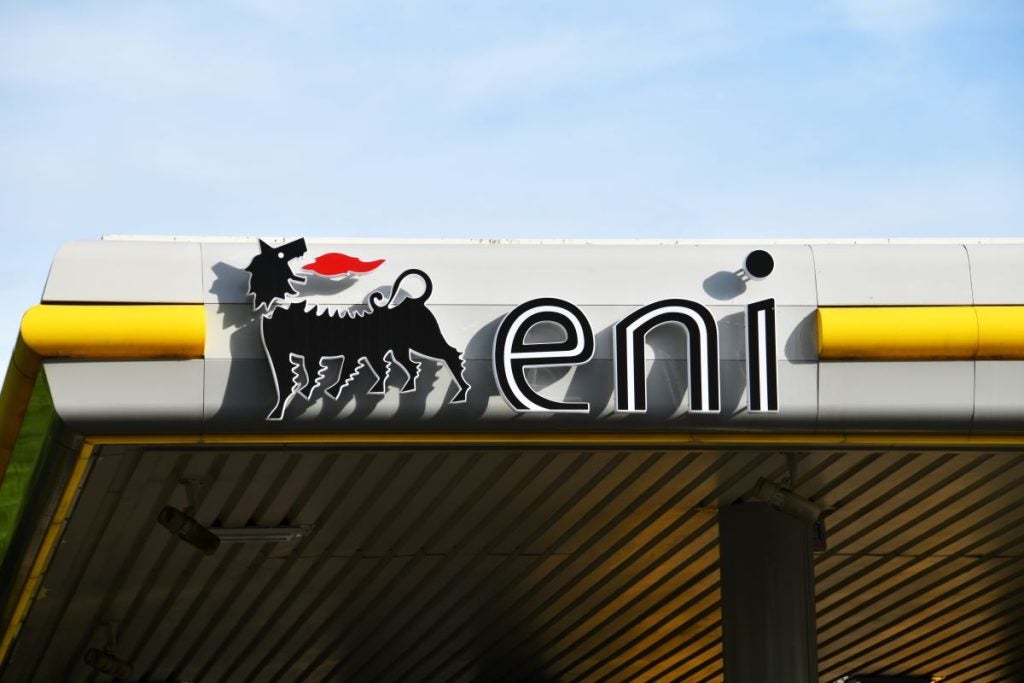
Heavier crude oil prices along the US Gulf Coast have climbed to levels similar to that of lighter oil, indicating tight supply could contribute to rising gasoline prices.
According to Reuters, Heavy Louisiana Sweet crude traded at a $2.60 per barrel premium to West Texas Intermediate (WTI) crude futures CLc1 on Monday, compared with a premium of $2.80 for Light Louisiana Sweet.
Throughout 2023, the difference in price between the two forms of oil has been around $0.60, $0.40 higher than the difference currently seen.
Refineries along the Gulf Coast, which account for more than 55% of total US refining capacity, are more geared towards medium and heavy crudes, which produce more diesel and jet fuel than lighter oil. Heavier crudes tend to be cheaper as they are dirtier and more expensive to process.
The Biden administration’s decision to reinstate sanctions on Venezuela has created upward pressure on heavy crude prices. The US had initially granted the South American nation sanctions relief to encourage legitimate elections this year, which under the US’s terms would involve freeing opposition-linked prisoners and removing bans on a number of opposition figures.
While the sanction was lifted, the US imported between 140,000 and 170,000 barrels per day (bpd) of Venezuelan crude. However, Nicola Maduro’s government failed to take the necessary measures and thus, the US reimposed sanctions in February, restricting the volume of its oil imports.
How well do you really know your competitors?
Access the most comprehensive Company Profiles on the market, powered by GlobalData. Save hours of research. Gain competitive edge.

Thank you!
Your download email will arrive shortly
Not ready to buy yet? Download a free sample
We are confident about the unique quality of our Company Profiles. However, we want you to make the most beneficial decision for your business, so we offer a free sample that you can download by submitting the below form
By GlobalDataOPEC+ countries’ recent output cuts added further pressure to prices. At the beginning of March, members led by Saudi Arabia and Russia agreed to extend output cuts by 2.2 million barrels per day until June.
US consumers who tend to drive more in the summer months will experience higher gasoline prices should the premium continue, as the average retail price of gasoline rose to $3.60 this month, up $0.20 from March.






